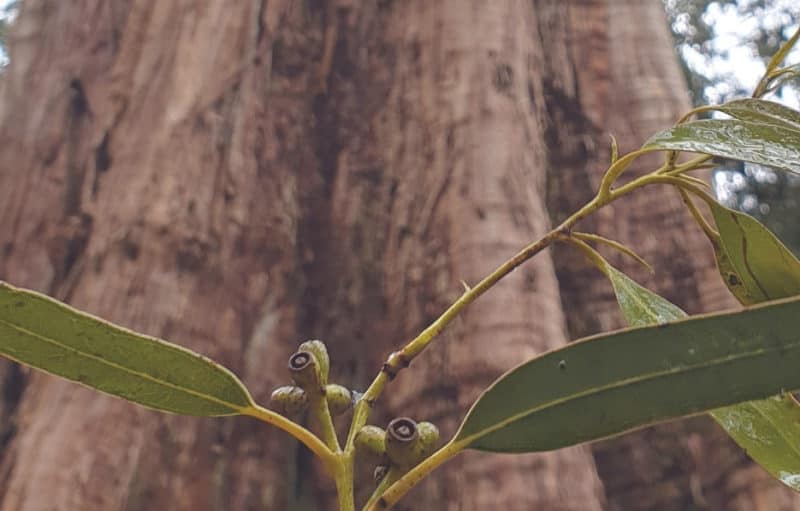PARK WATCH September 2021 |
Campaigner Shannon Hurley explains how this season the Spider Crabs have kept people waiting with bated breath.
Every year in winter, the famous cast of Giant Spider Crabs usually aggregate in their thousands as they shed their shells in their safety of numbers along the shores of the Mornington Peninsula and in other areas in Port Phillip Bay, one of the most reliable and popular locations to experience this natural phenomenon.
You can imagine for those who come to witness this extraordinary event year in, year out, what a disappointment it was when the Spider Crabs did not arrive in their usual locations at the piers on the Mornington Peninsula this year. Many checked daily for signs of moving dark patches with crawly legs that can often be seen from above, only to be saddened day after day. Why had they not come? Where had they gone?
The mystery created some concern, particularly when anecdotal evidence suggests that the number of years when they have come into the shallows of the Mornington Peninsula far outweigh the years when they have not.
But there were a lucky few who did get to experience them. Reports from some scuba divers who ventured further offshore to see smaller aggregations of crabs suggest that the Spider Crabs stayed in deeper waters in 2021. The reasons for this, we do not know.
Some speculate the latest Spider Crab trends are due to the intense and unprecedented harvesting during the past two years. Although correlations can be drawn, and it can be easy to point a finger, without evidence, we cannot say that is to blame.
Our organisation, along with the community, has been advocating for a no-take period during the Spider Crab’s moulting season from April to July. These efforts have yet to cut through the Fisheries Department and in state government, with statements made by Minister for Fishing and Boating Melissa Horne in correspondence to the Mornington Peninsula Shire Council on 21 July 2021, that the “Victorian Government does not support a ‘no-take’ season for giant spider crabs at Rye and Blairgowrie during aggregations between April and July”.
2021 was to be a test for how well the Victorian Government’s (highly compromised and misaligned in our view) alternative ‘solution’ of a reduced bag limit would see any tangible results.
Equally concerning as the disregard for the Spider Crabs is that the state government is ignoring community sentiment. The repeated lines we keep hearing is that “it’s not a sustainability issue” and “there are plenty of crabs”. But there has not yet been the research to back these statements, nor do we even have a clear picture of Spider Crabs whole lifecycle, population dynamics or even conservation status.
We do not believe it is right to encourage Spider Crab harvesting during a vital part of their lifecycle in a location where there is such a long-standing tradition for many enjoying the natural event.
There is greater value for thousands of tourists experiencing a real-life nature documentary moment on Melbourne’s doorstep than there is in dead Spider Crabs in a bucket on the pier.
Many Mornington Peninsula locals as well as statewide, interstate and international visitors feel we can do better than this – including Sir David Attenborough, The Mornington Peninsula Shire Council, tourism and business owners, educators, fishers, divers, water-users – many of which have joined the call for greater protection in an online petition of over 36,000 people strong.
It is very apparent how mysterious our crabby friends can be, highlighting how little we know about them. Good decisions on their management require good science, and in the absence of this, we should always err on the side of caution – with a break on harvesting during their important and vulnerable time in their lifecycle. We need an independent species assessment overseen by a relevant scientific body to be able to make informed calls.
We will continue to advocate for solutions and support the SOS Save Our Spider Crabs team and other interested parties to represent the views of many community members. We’ll be calling for a no-take period until we have more answers than questions about Spider Crabs.
This is also a reminder of how unpredictable nature can be, even after years of consistency. Still, one constant is our need to try to understand and assist our oceans and communities to adapt and thrive.
Did you like reading this article? You can read the latest full edition of Park Watch magazine online here.
Want to be kept up to date about this and other nature issues in Victoria? Subscribe to our email updates.
You can also receive our print magazine Park Watch four times a year by becoming a member. Find out more here.
